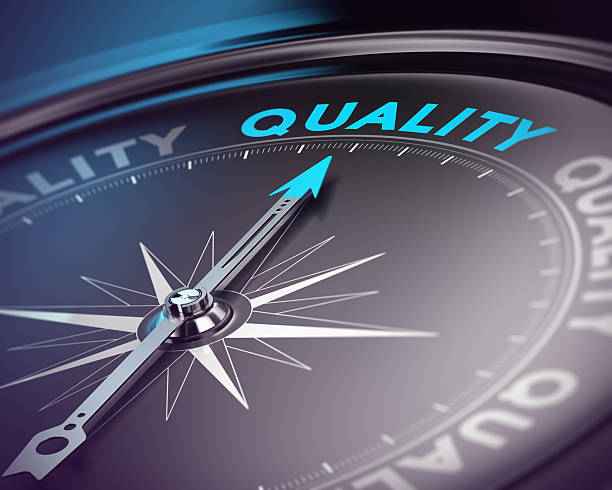10 Skills to Look for in a Quality Assurance Engineer

Quality assurance is one of the most crucial processes in the software development process, occurring concurrently with development. The Skills Quality Assurance Engineer must have is that he should be a responsible, quick learner with a creative mind who can acquire not only fundamental but also advanced QA abilities.
10 Essential Skills Every QA Engineer Must Have
Having sufficient information is one of the determining aspects, but every excellent Quality Assurance engineer must also acquire specific attributes and talents to call himself a professional.
1. Communication
The objective of QA engineers is to identify issues and collaborate with developers to resolve them. QA engineers must be able to effectively transmit and document each error for other team members to comprehend what has to be done to remedy issues. Additionally, they must communicate with non-technical personnel for the project to advance.
2. Curiosity
There is much more to this role than simply identifying issues. In addition, testers analyze the functionality and user experience of a product. A QA Engineer must be sufficiently inquisitive to study systems and evaluate multiple facets of the product to ensure its accuracy. In addition, they will identify the clients’ criteria as well as their demands.
3. Critical Thinking
For troubleshooting and problem identification, QA engineers must delve underneath the surface. This necessitates a detailed examination of the concepts and test cases, frequently through experimentation, to determine which are most applicable to the current item. To predict how various test cases will behave and how individuals may react to particular product features, they must also employ a variety of mentalities.
4. Discipline
Testing is a rigorous and painstaking job. Professionals in quality control must maintain discipline while executing tasks expeditiously and thoroughly. Discipline requires being structured and efficient in fulfilling obligations, ensuring that everything is carried out quickly and efficiently.
5. Precision
These professionals’ titles incorporate the term “quality” for good reason. For your work, accuracy is essential. Even if it is impossible to guarantee a completely bug-free product, a QA engineer must be able to thoroughly analyze software to identify as many faults as possible. Modern QA procedures certainly use automation, which can be quite beneficial, but the correctness of the results must come solely from the specialists.
6. Flexibility
Depending on the specific project you intend to work on, testing methodologies will vary significantly. Testing software demands QA engineers to be versatile and keen to experiment with novel testing methods. Although testers may begin with a certain technique, they may need to alter it abruptly to accommodate new features or plans; such adaptability is vital.
7. Understanding
To evaluate the user’s experience and perspective, evaluators must be willing to place themselves in the user’s shoes. They must be able to consider how users will react and how it may affect their product usage. To completely evaluate the product’s usability, the tester must have an understanding of the user’s needs. In addition, they should consider enhancing the product’s usability depending on consumer needs.
8. Coding
Although QA testers do not need to be trained engineers and developers (there are separate job advertisements for that), knowledge of common programming languages could be advantageous. This will advance your practice in a variety of fields, including the creation of automated test scripts. In addition, software developers and QA engineers will be able to work on the project quite successfully.
9. Time Management
To reduce the time needed to bring a product to market, software development must be done rapidly. This takes a complete and expeditious effort from each team member. The role of quality control testers is particularly challenging since they must thoroughly examine the product without delaying the process. This requires skill in time management.
10. Analysis Capacity
A quality control engineer must have exceptional math abilities to be successful at their profession. They must be able to investigate every aspect of a system or component for any flaws that could affect its overall operation and how users respond. The engineer must also be able to recognize the product’s benefits so that the project team can maximize its use.
Verdict
Ensure that you are honest with yourself when appraising your abilities. As a tester, you must have a deeper understanding of human psychology and be innovative when the opportunity presents itself.
In conclusion, a good QA engineer should possess the following characteristics:
- well-educated in his area of specialization
- excellent with deadlines
- open to collaborate
See More: What Are Fractional Shares and How Do You Acquire Them
Follow Top and Trending on Google News and receive the latest alerts and the main news about apps, technology, beauty, entertainment, and all the top 10 related posts.
